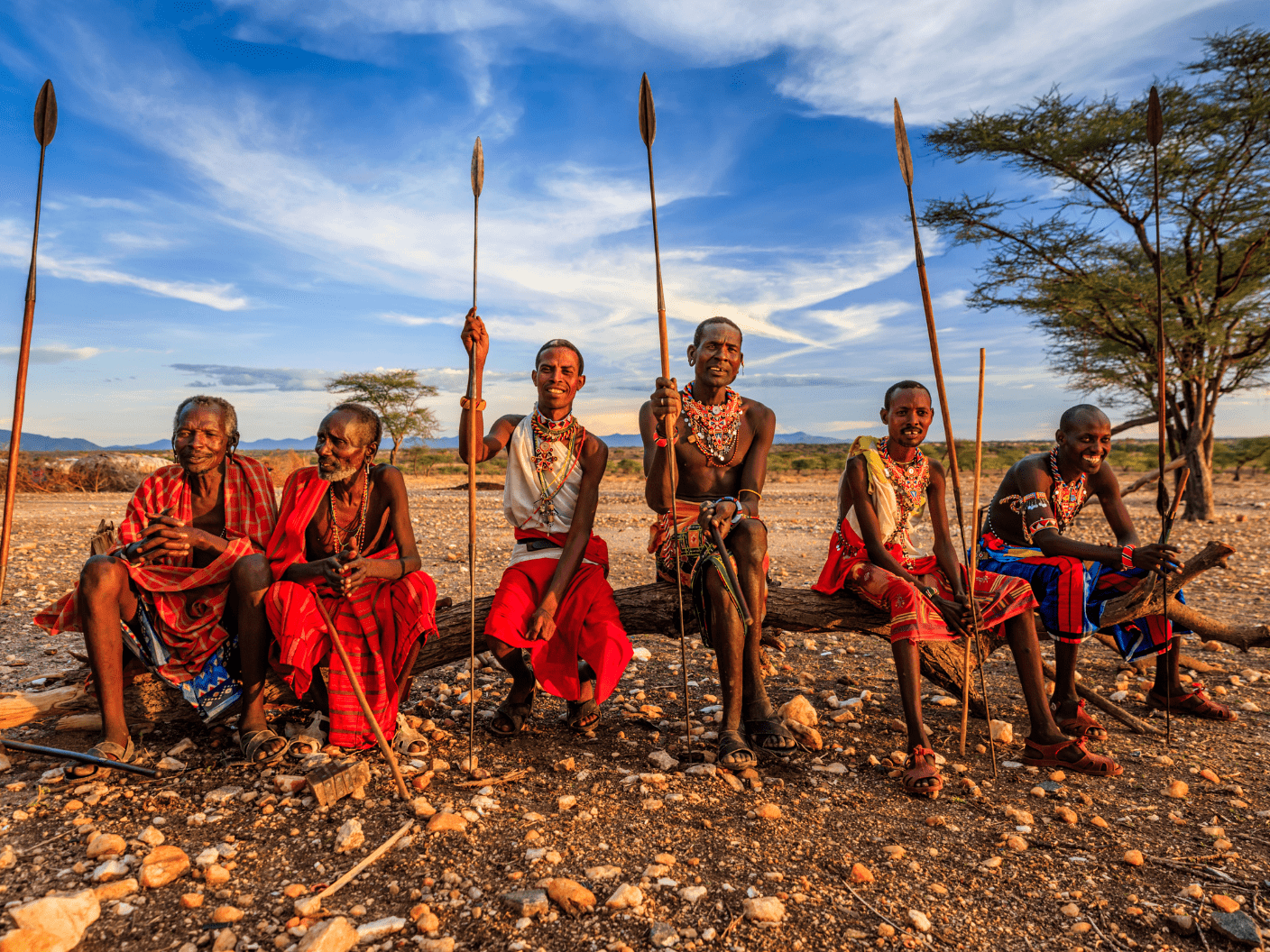In a world where travel has become more accessible than ever, an important question arises: How can we ensure that our adventures leave a positive impact?
At NatuAsili, we believe travel is more than a journey, it is a link to conservation and community empowerment. Travel, when done responsibly, has the potential to transform destinations, protect fragile ecosystems, and uplift the communities that call these places home.
Rethinking tourism: from leisure to legacy
Every year, millions of tourists venture into Africa’s breathtaking landscapes, from the vast savannas of the Masai Mara to the pristine shores of the Indian Ocean. Yet, conventional tourism often operates in a way that extracts more than it gives back. While revenue flows into large corporations, local communities, and conservation efforts frequently receive little benefit.
This is where impact-driven travel comes in. Tourism should not only provide unforgettable experiences but also create long-term benefits for the environment and the people who sustain it. At NatuAsili, we are committed to ensuring that each journey contributes directly to conservation efforts and local development, turning every traveler into a donor and advocate for change.
The power of conservation tourism
Travelers who choose NatuAsili embark on experiences that go beyond sightseeing. Picture yourself tracking lions in Laikipia with expert conservationists and rangers, walking through the dense forests of the Chyulu Hills alongside Maasai rangers, or learning about marine conservation while standing on the white-sand beaches of the Kenyan coast.
Each moment connects you to the beauty of nature and the people working tirelessly to protect it. These experiences are not just about seeing iconic destinations, they are about actively contributing to the protection of these places for future generations.
Why conservation tourism matters
Tourism is one of the world’s largest industries, generating nearly $10 trillion annually and accounting for over 10% of global employment. However, the benefits of travel are not always distributed equally, and many fragile ecosystems suffer due to over-tourism, habitat destruction, and pollution.
By shifting towards sustainable tourism, we can transform travel into a force for good:
- Protect wildlife and ecosystems where sustainable tourism generates funding for protected areas, anti-poaching initiatives, and wildlife conservation.
- Support local communities as ethical tourism ensures that indigenous groups, local businesses, and conservation workers receive fair wages and opportunities.
- Reduce environmental impact by choosing eco-friendly travel practices, we help reduce carbon footprints and promote responsible resource use.
NatuAsili’s impact: travel that gives back
Our mission is clear: every traveler should leave a destination better than they found it. Through carefully curated experiences, NatuAsili channels travel revenue into high-impact conservation and community projects.
Here’s how your trips with us contribute:
- Conservation initiatives where a portion of each trip’s funds conservation programs, such as anti-poaching patrols, habitat restoration, and scientific research on endangered species.
- Community empowerment as we work with local communities to ensure that tourism benefits them directly, whether through employment, education, or support for cultural heritage projects.
- Eco-conscious stays in our partner lodges and accommodations follow strict environmental standards, using renewable energy, water conservation measures, and sustainable building practices.
Featured conservation projects
- Lion tracking in Ol Pejeta Conservancy where we support conservationists working to protect lions from habitat loss and human-wildlife conflict.
- Reteti Elephant Sanctuary located in Samburu, this community-run initiative rescues and rehabilitates orphaned elephants, promoting conservation through local leadership.
- Marine conservation at the Kenyan coast through partnerships with local organizations, we engage travelers in coral reef restoration, sustainable fishing education, and beach clean-up efforts.
By integrating travel with conservation, we ensure that each journey contributes to lasting environmental and social impact.
How you can make a difference
Travelers today have the power to shape the future of tourism. Here’s how you can be part of the change:
Before you travel
- Choose eco-certified tour operators and accommodations.
- Educate yourself about conservation challenges in your destination.
- Reduce plastic use and pack sustainably.
During your trip
- Visit conservation projects and learn from local communities.
- Avoid activities that exploit wildlife (e.g., elephant rides, unethical safaris).
- Shop locally and support small businesses instead of large commercial enterprises.
After you return
- Share your experience and raise awareness about sustainable travel.
- Stay engaged by supporting conservation organizations through donations or advocacy.
- Adopt long-term sustainable travel habits for future trips.
A call to action, join the movement
Tourism, when done responsibly, has the power to preserve biodiversity, protect cultural heritage, and uplift communities. At NatuAsili, we believe that every traveler can leave a legacy, not just footprints.
Are you ready to make a difference through travel? Visit natuasili.com and start your journey today.

0 Comment